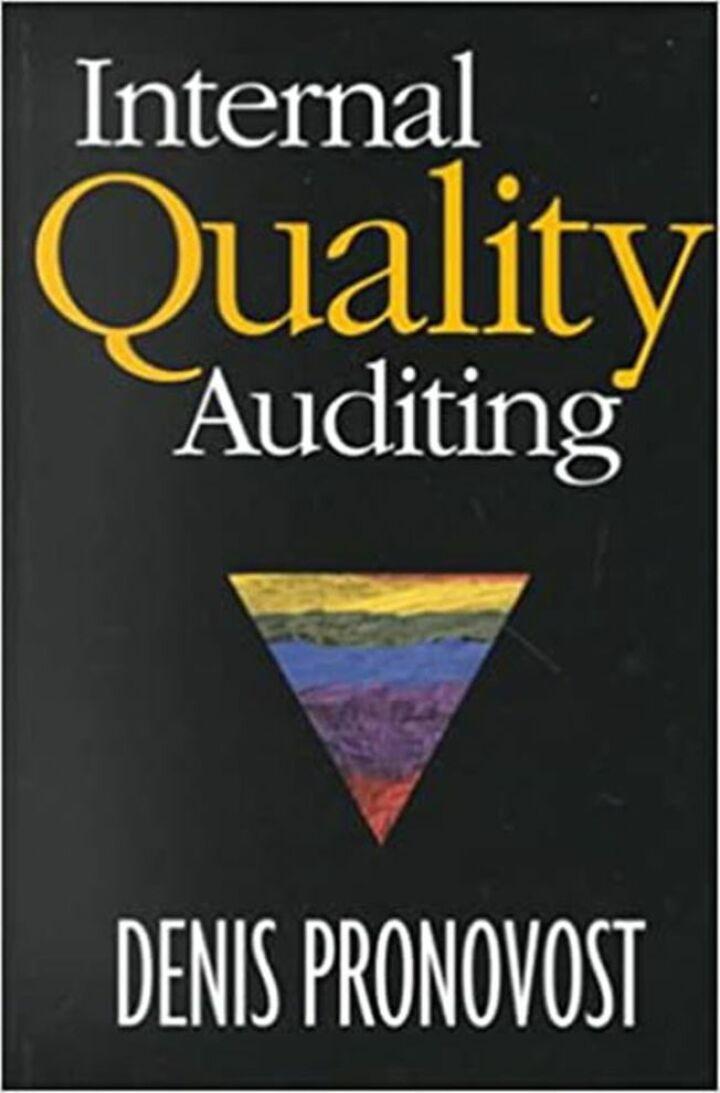Question
Stella is a single taxpayer and operates a self-employed business that provides pet-sitting services. The business is considered a sole proprietorship for income tax purposes
Stella is a single taxpayer and operates a self-employed business that provides pet-sitting services. The business is considered a sole proprietorship for income tax purposes and represents Stella's only source of income. In 2018, the standard deduction amount was greater than Stella's total itemized deductions. Stella does not have any available tax credits nor did she make any estimated tax payments for her 2018 tax return.
Stella reports her income and expenses from the business using the cash method. Stella's automobile was used partially for business use and partially for personal use. She uses the IRS' optional standard mileage rate to compute her car expenses related to the business.
Stella has retained contemporaneous documentation for all cash receipts and disbursements and uses an app on her phone to accurately track her business-related mileage. She has summarized the results in the table below:
| Description | Amount |
| Cash received in January 2018 for services performed in December 2017 | $2,000 |
| Cash received in 2018 for services performed in 2018 | $24,750 |
| Cash received in January 2019 for services performed in December 2018 | $2,250 |
| Pet-grooming supplies, leashes and squeaky toys (Stella does not personally own any pets) | $600 |
| Accountant's fees paid in January 2018 for Quickbooks services performed in December 2017 | $50 |
| Accountant's fees paid in 2018 for Quickbooks services performed in 2018 | $660 |
| Accountant's fees paid in January 2019 for Quickbooks services performed in December 2018 | $60 |
| Business-related meals with current clients | $900 |
| Business-related meals with prospective clients | $540 |
| Meals with current clients who are also close friends with Stella (no business was discussed during the meals) | $375 |
| Tickets to a local dog competition to entertain current clients (business was discussed during the show) | $1,600 |
| 2018 Vehicle Personal Property Taxes (Total) | $510 |
| 2018 Vehicle Mileage (Total) | $10,000 |
| 2018 Vehicle Mileage (Business | $4,000 |
| 2018 Vehicle Mileage (Personal) | $6,000 |
| 2018 Standard Mileage Rate | $0.545 |
A. How much gross income should Stella report on her 2018 Schedule C, Line 1?
B. What amount should Stella report on her 2018 Schedule C, Line 9 ("Car and truck expenses")?
C. What amount should Stella report on her 2018 Schedule C, Line 17 ("Legal and professional services")?
D. What amount should Stella deduct on her 2018 Schedule C, Line 23 ("Taxes and licenses") related to the personal property taxes she paid for her vehicle (if any)?
E. What amount should Stella report on her 2018 Schedule C, Line 24(b) ("Deductible meals")?
F. How much net profit will Stella report on her 2018 Schedule C, Line 31?
G. What is Stella's 2018 adjusted gross income ("AGI") that will be reported on Form 1040, Line 7? Round all calculations to 0 decimal places.
H. How much tax will Stella owe on her 2018 Form 1040, Line 22? Hint - her taxable income falls within the lowest tax bracket; therefore, her regular tax liability is simply 10% of taxable income. Round all calculations to 0 decimal places.
Step by Step Solution
There are 3 Steps involved in it
Step: 1

Get Instant Access to Expert-Tailored Solutions
See step-by-step solutions with expert insights and AI powered tools for academic success
Step: 2

Step: 3

Ace Your Homework with AI
Get the answers you need in no time with our AI-driven, step-by-step assistance
Get Started


